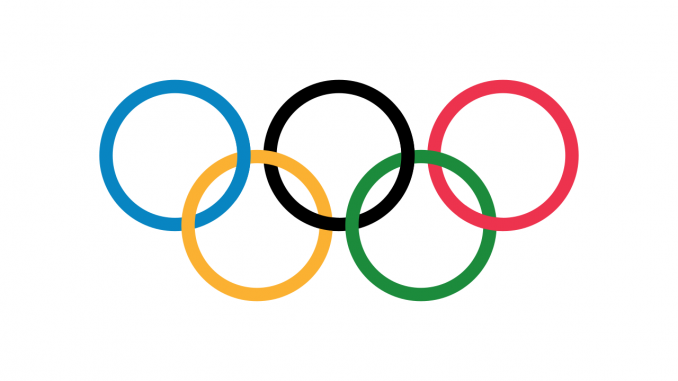
Picture this: as a young child, you excelled in a certain sport. You worked hard, spending grueling hours training and perfecting your skills. Before you know it, you realize you’re the best of the best. Congratulations, you’re going to the 2020 Olympics… or are you?
Athletes who spent most of their lives preparing for the 2020 Olympics may now have to choose not to compete at all. It was announced on March 24 that the games will start on July 23, 2021. This is new territory for everyone involved, as it is the first time in history the games have been postponed.
The athletes’ qualifications was a huge concern raised after the postponement. However, the Olympics is stating that all athletes who qualified for the 2020 Olympics are eligible in 2021, unless it would pose a medical threat to the athlete.
As for those who would’ve been too young to compete in 2020? Some athletes now meet the lower age requirement. Gymnastics has decided that anyone who is sixteen in 2021 will be eligible for the games. This affects the games in many ways — gymnasts who thought they had until 2024 to train could be stepping onto the mat way earlier than expected. There are also rumors that older gymnasts, such as U.S. gold medalist Simon Biles, may step down due to the wear gymnastics has on the body over time.
Although the delay will likely change some of the rosters, it seems the organization was able to clear that problem up quickly. But what are some of the other implications of the postponement?
Economically, Forbes estimates the postponement will increase the Olympics’ cost by $2.7 billion dollars. NBC will lose an estimated $1.2 billion dollars in ad revenue this year. Additionally, the organization has not yet figured out how they are going to issue ticket refunds.
There is also controversy surrounding the decision. Some believe that the 2020 Olympics should have been canceled all together for economical reasons, especially considering the fact that the games might not even happen next July. As COVID-19 continues to spread in Japan, Olympic organizing committee CEO Toshiro Muto said he cannot guarantee that the Olympics will take place next year.
“I don’t think anyone would be able to say if it is going to be possible to get it under control by next July or not. We certainly are not in a position to give you a clear answer,” Muto said.
Under the frequently asked questions section on the Olympics’ website, the organization provided insight into why a complete cancelation was never a consideration.
“A cancelation of the Olympic Games would have destroyed the Olympic dream of 11,000 athletes from all 206 National Olympic Committees, from the IOC Refugee Olympic Team, and for all the people who are supporting the athletes, including coaches, doctors, officials, training partners, friends and family. It would also have destroyed the work and the enthusiasm of our great Japanese hosts, with Tokyo being the best-prepared city for the Games ever.”
As onlookers, we can only hope that the best decision was made for all those involved. The spokesman for the Games, Masa Takaya, recently claimed, “We don’t have a plan B” during a teleconference, regarding a scenario where it is not deemed safe to hold the games in 2021.
For a sporting event as tremendous as the Olympics, the consequences of unexpected postponements are huge. If we as a society ever want to see the newest incarnation of the Olympic Games, the best thing we can do is keep maintaining social distancing to stop the spread of the virus.

